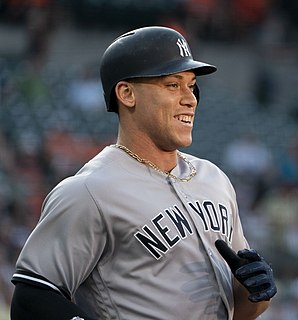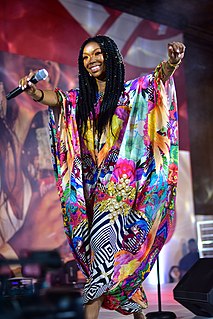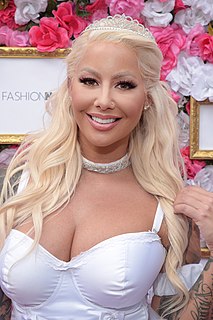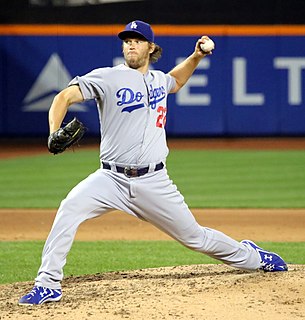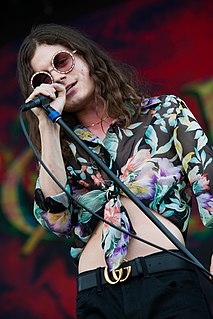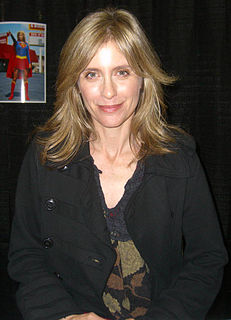A Quote by Erin Richards
It was only in university I was told that I was dyslexic. It kind of gave me the confidence to be able to pursue academia in the way that I always thought I could. I guess that was a bit of battle and just my own kind of negative thoughts about what I can achieve.
Related Quotes
I've figured out the secret. Your mind is your power; you have to work with your mind and work with your own thoughts about your own life. If you spend so much time thinking, "This industry is male-dominated. It's sexist. It's this. It's that," then that's what the picture will always be. I remember when I was coming up, I didn't have those thoughts. My mom told me I could be whatever I wanted to be and I could be as bright of a star as I was meant to be. So, that's where I put all of my focus and my thought...into what I could do. And I carry that with me now.
My father, Benjamin Shiller, told me not to believe in authorities or celebrities - that society tends to imagine them as superhuman. It's good advice. People are snowed by celebrities all the time. In academia people have this idea of achieving stardom - publishing in the best journals, being at the best university, writing on the hot topic everyone else is writing about. But that's what my father told me not to do. He taught me that you have to pursue things that sound right to you.
It's the typical mid-life crisis kind of thing, where you just stop and wonder, 'Should I go back to university and get a law degree?' I kind of looked around me and thought, 'What kind of idiot am I that I've just spent the last 10 years writing novels? Financially, I'm pretty much where I was when I was 28.'
I always revered people that I thought had an idea and proceeded through with it. I guess I've been that way since the day I called my father and told him I was going to study acting and maybe try to see if I could do well with that, and he told me: "Don't do that. You don't want to do that, that's just dream stuff. Get a legitimate job and move forward."
This kind of internal "telepathic" intercourse, which was to serve me in all my wanderings, was at first difficult, innefective, and painful. But in time I came to be able to live through the experiences of my host with vividness and accuracy, while yet preserving my own individuality, my own critical intelligence, my own desires and fears. Only when the other had come to realize my presence within him could he, by a special act of volition, keep particular thoughts secret from me.
There was something about Beyoncé that felt like a vessel, I guess, that I could kind of impose all of these feelings and thoughts onto. I was drawn to a little bit of a dichotomy between the glamour and celebrity and the very deep and complex legacy of black women, and what that means in terms of performance.

